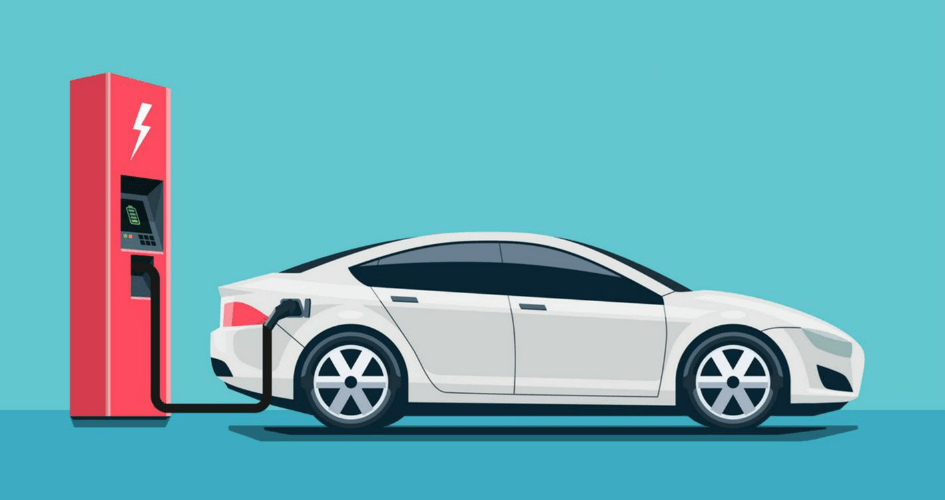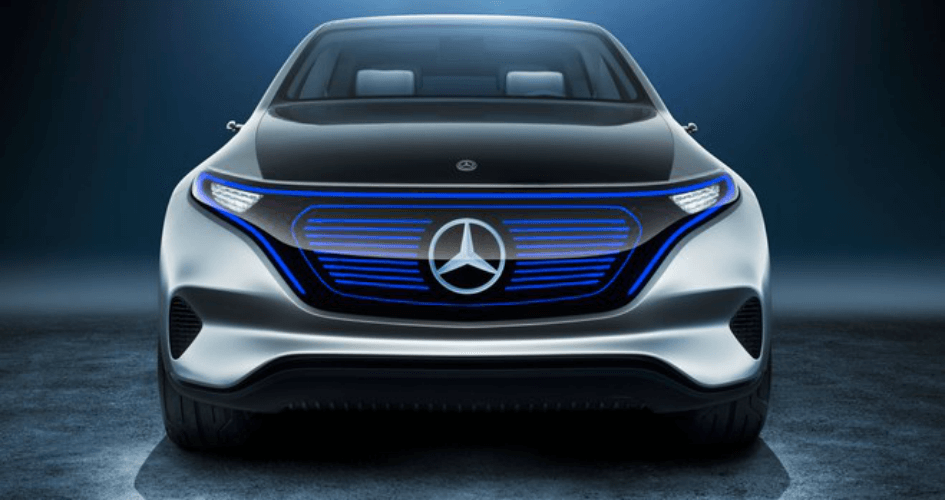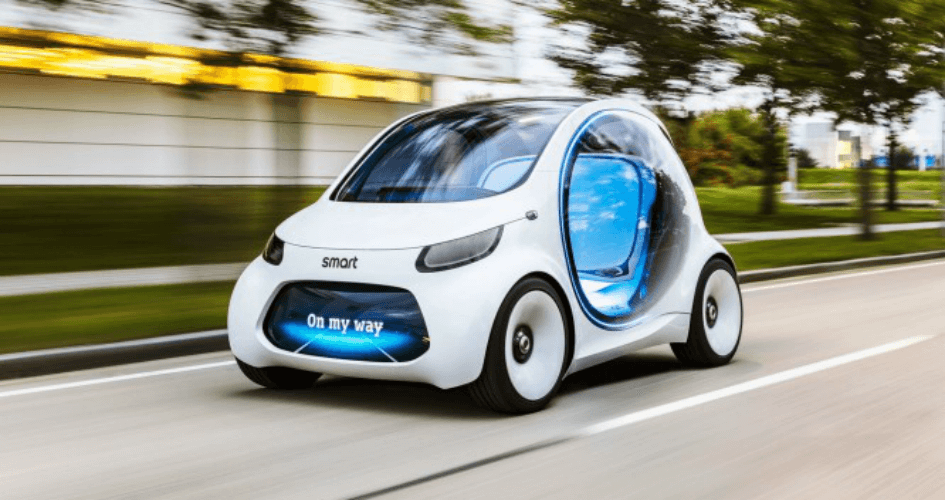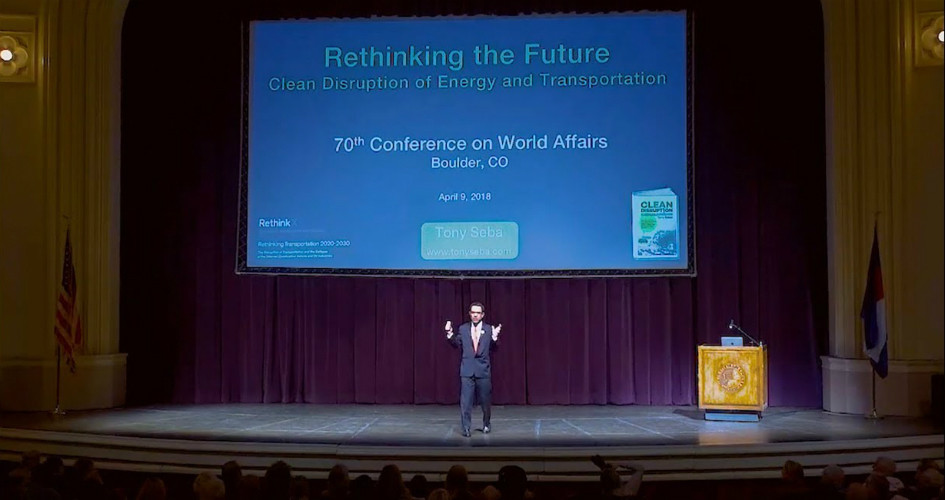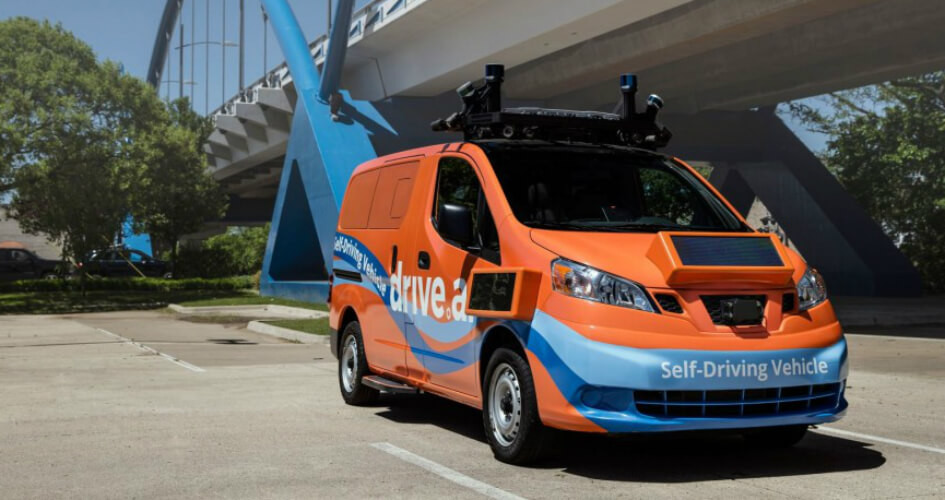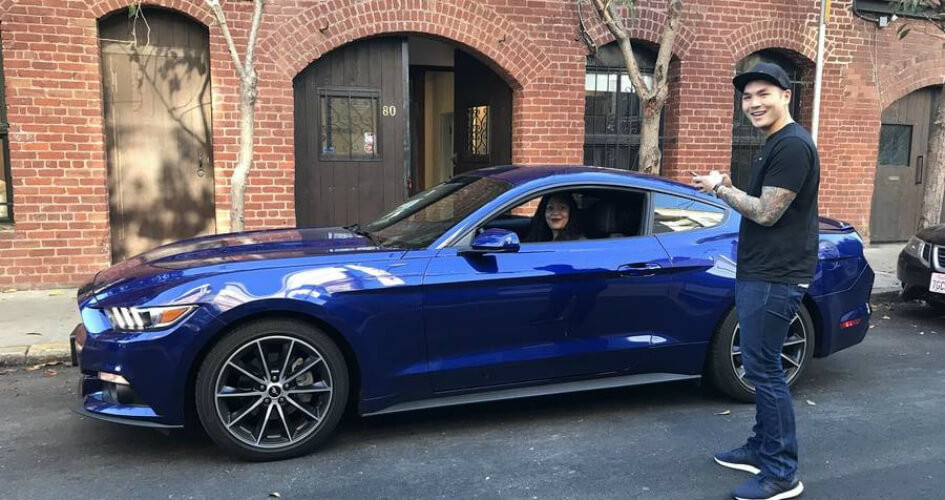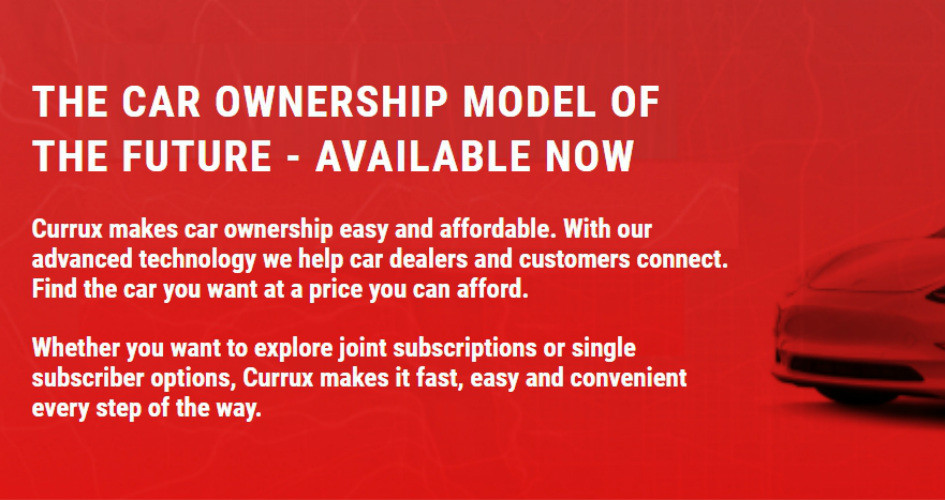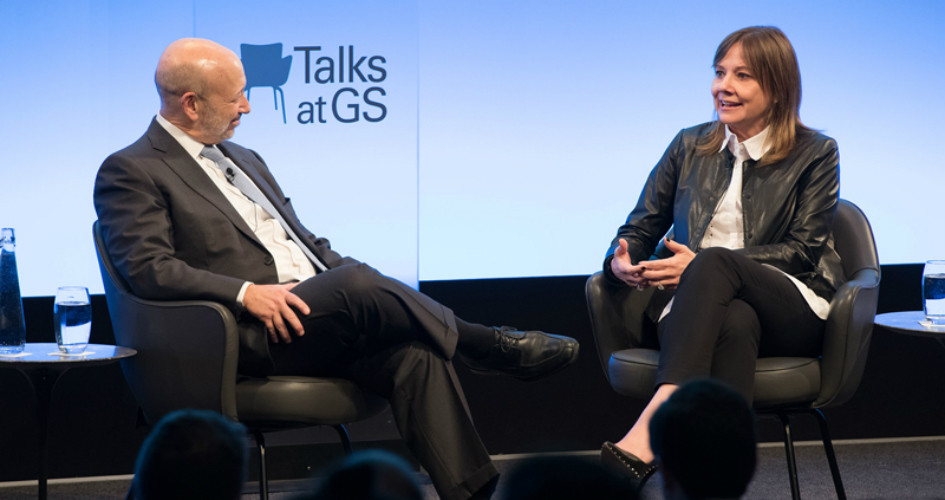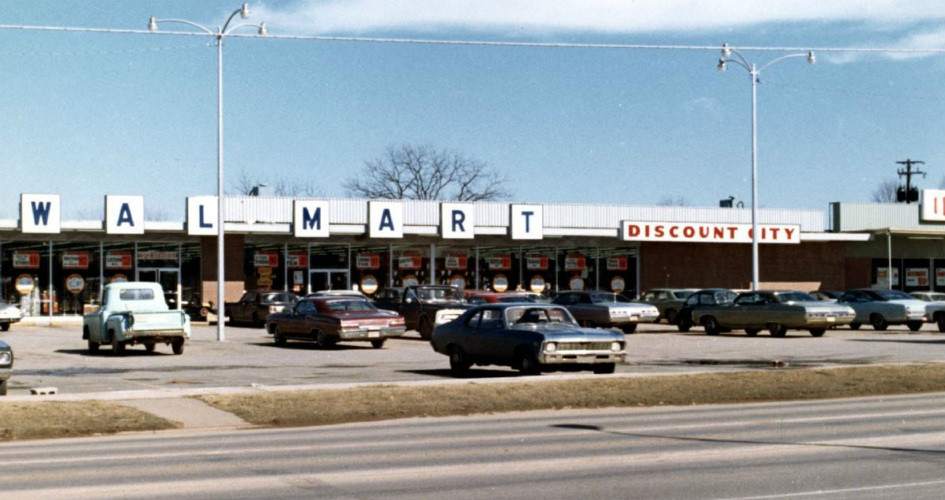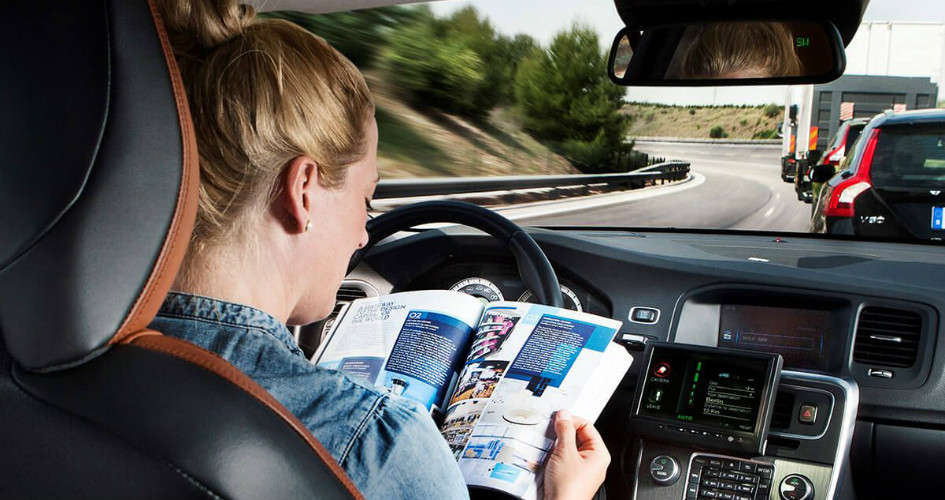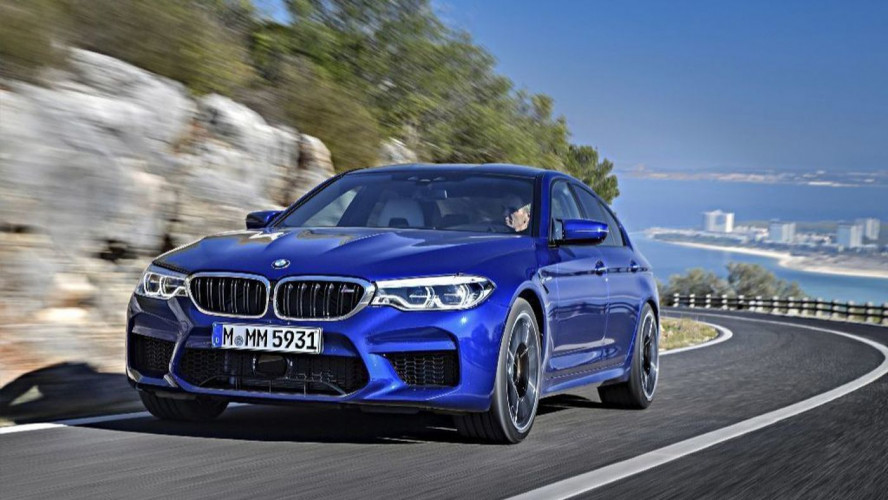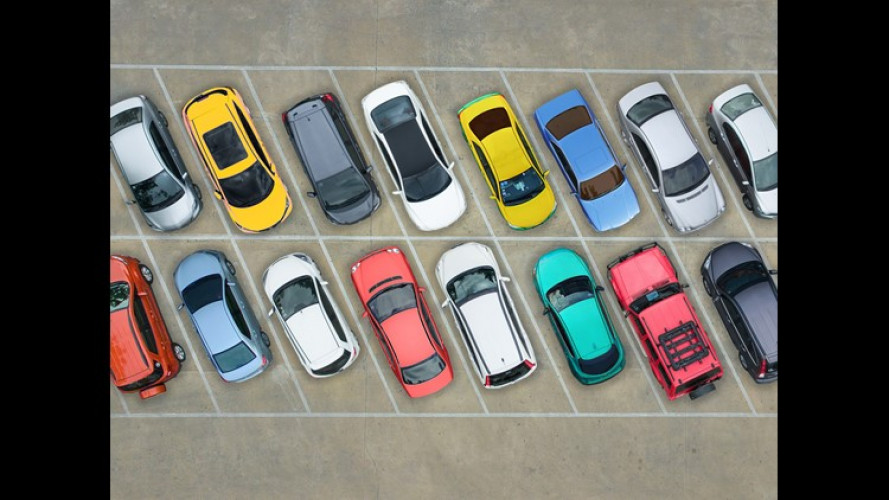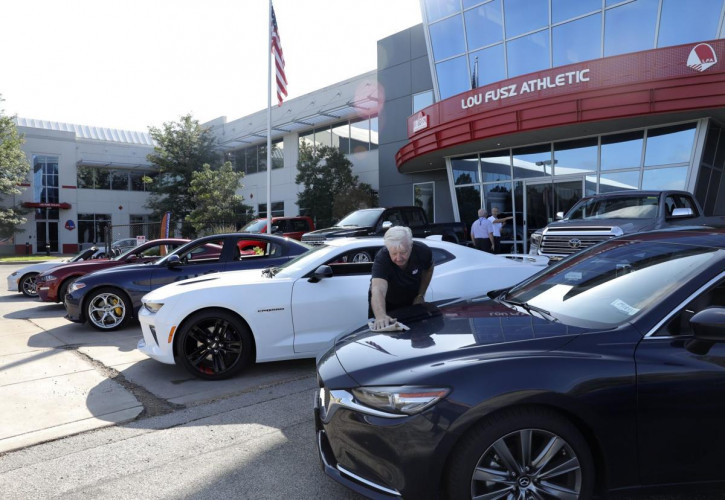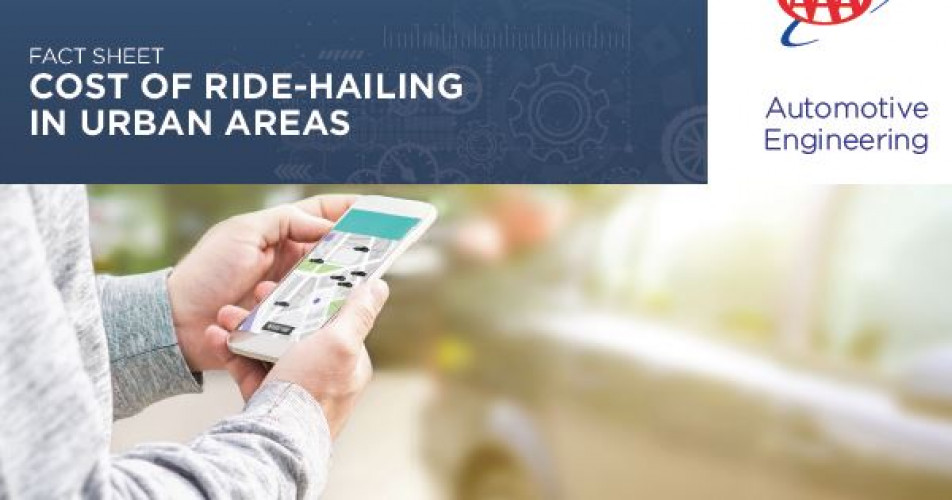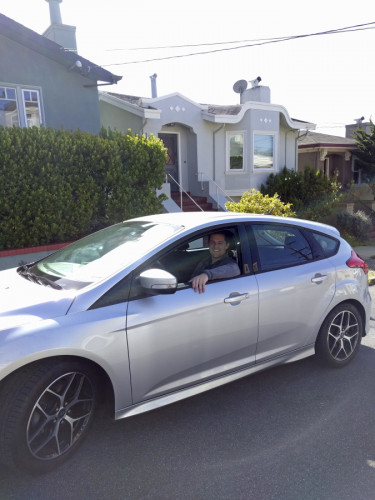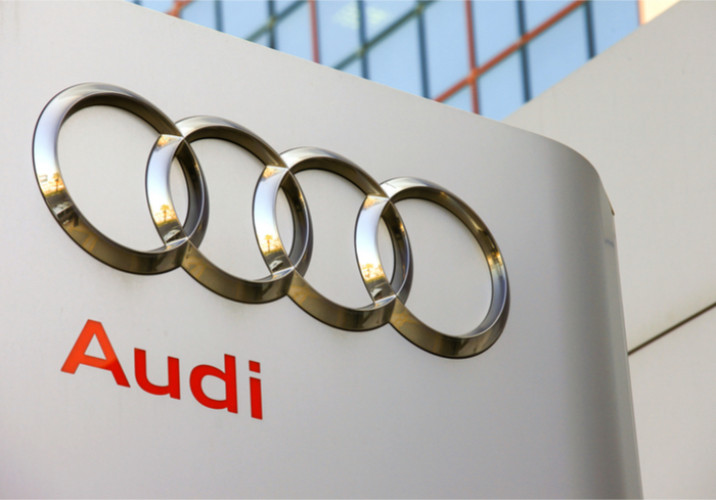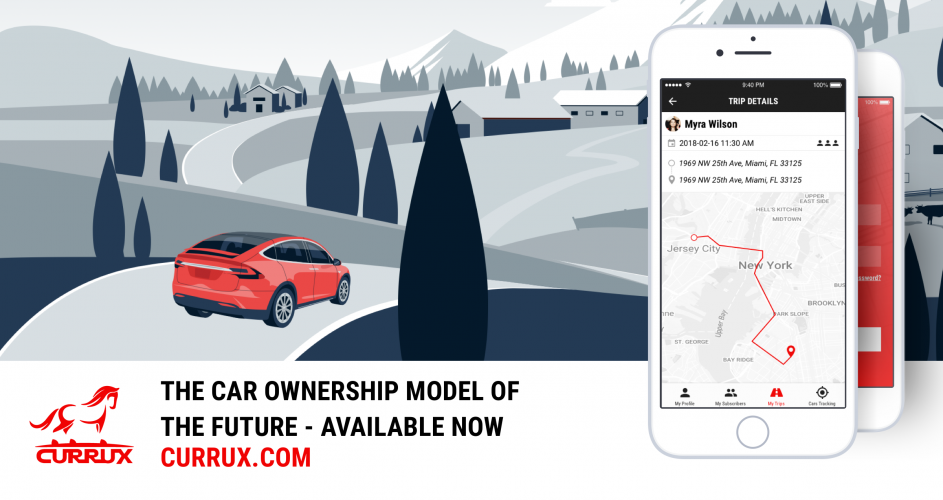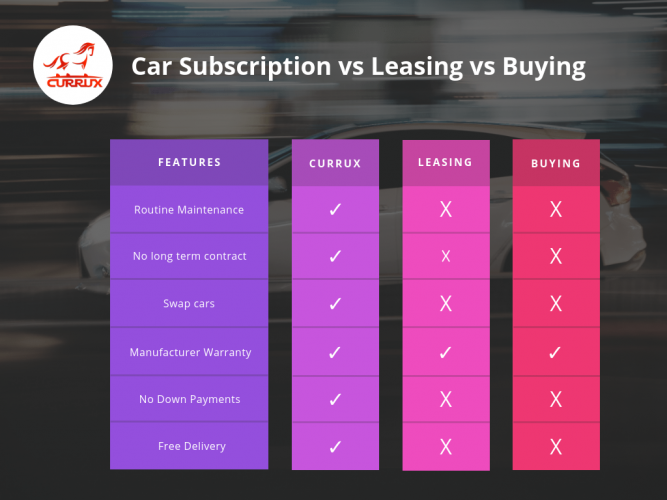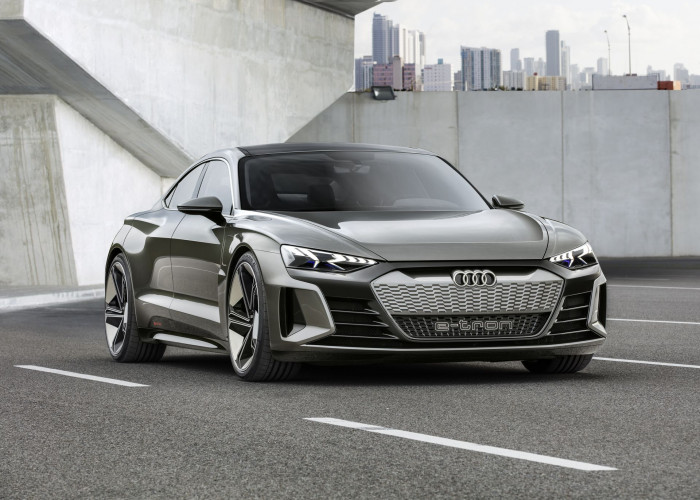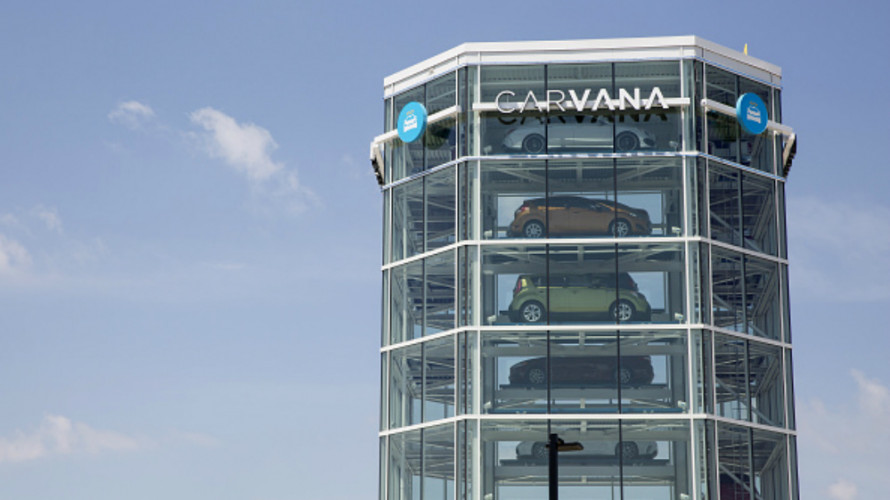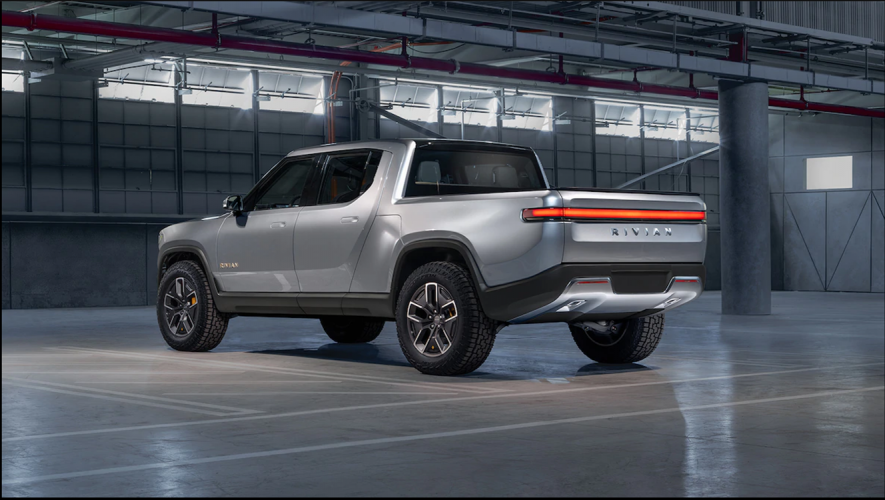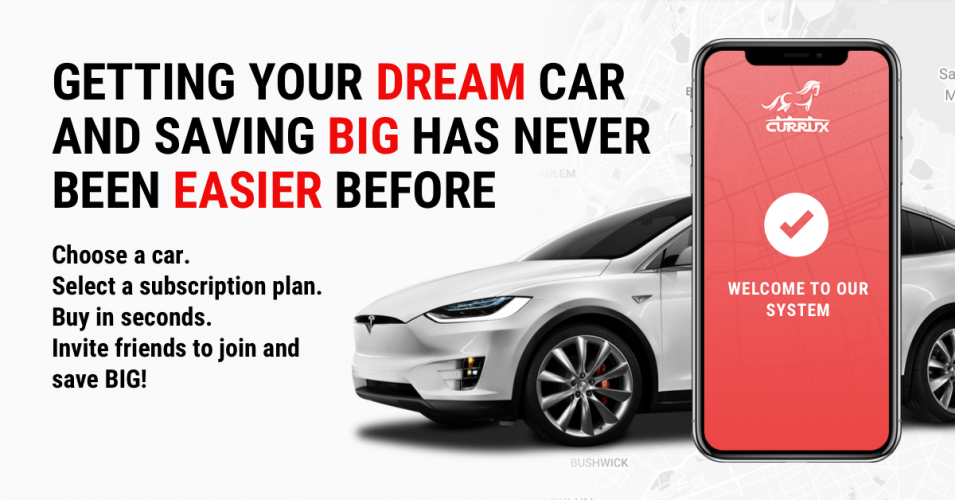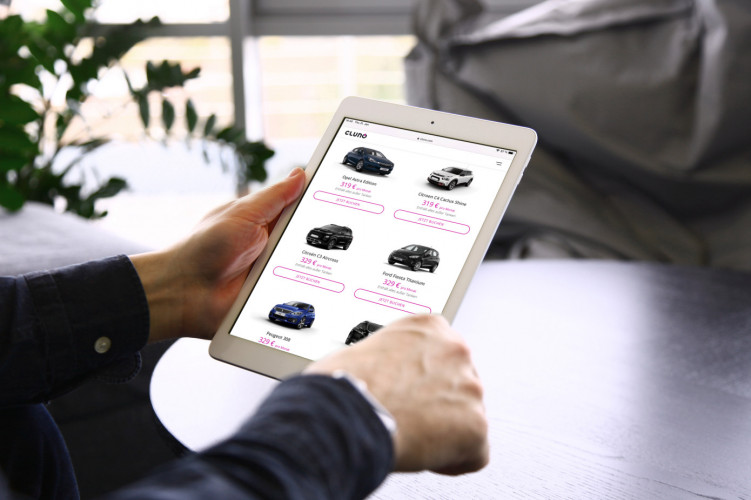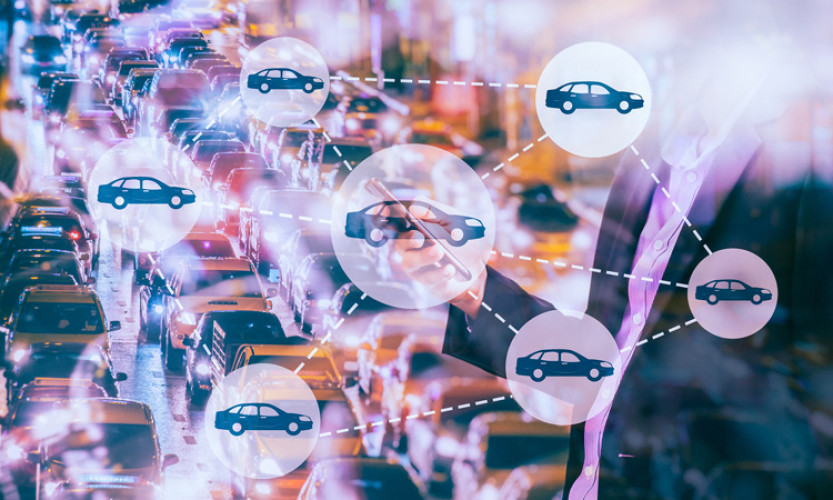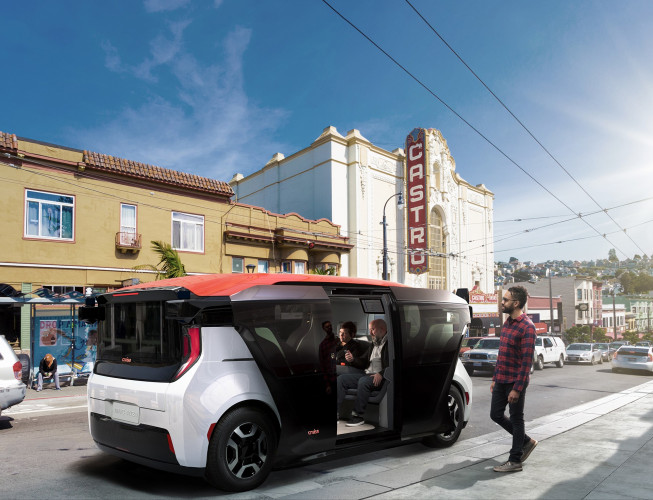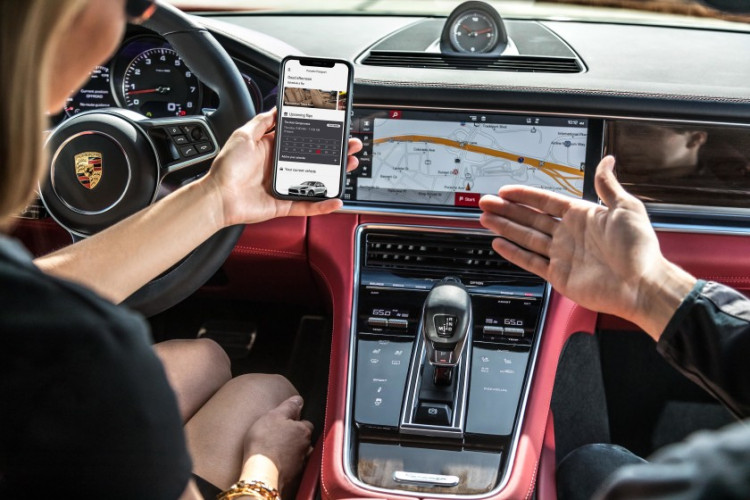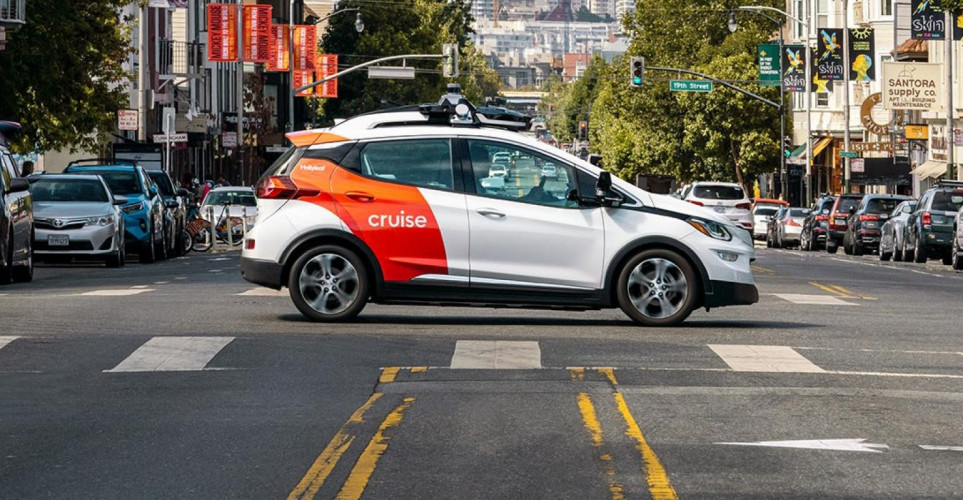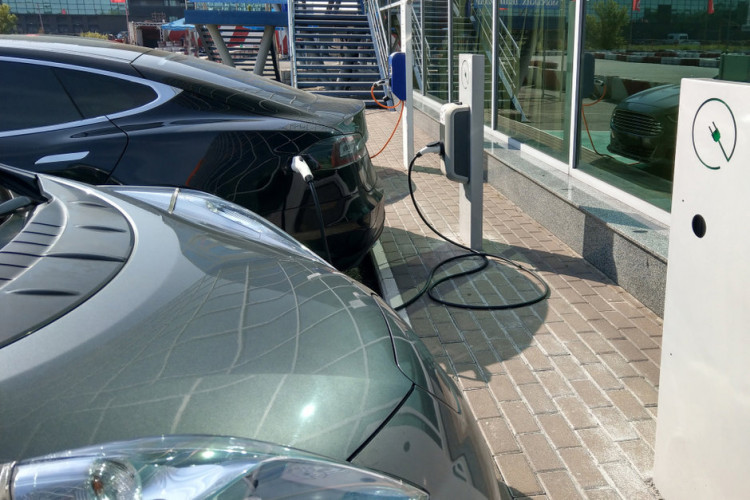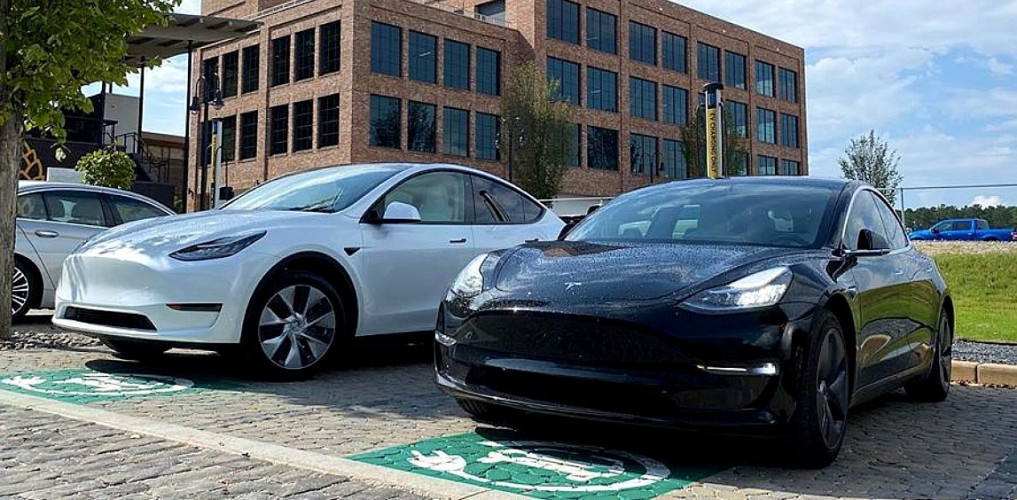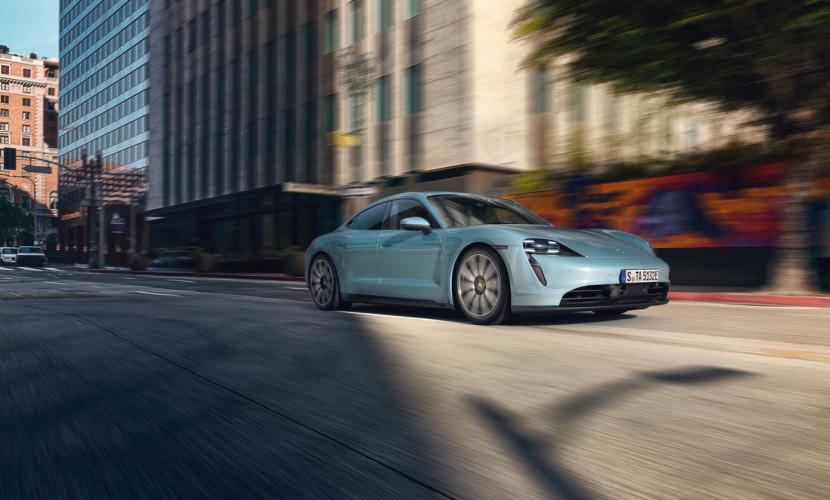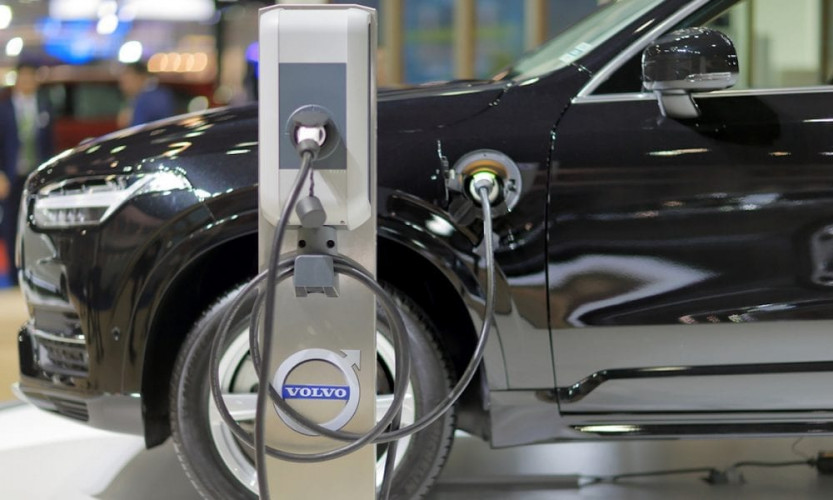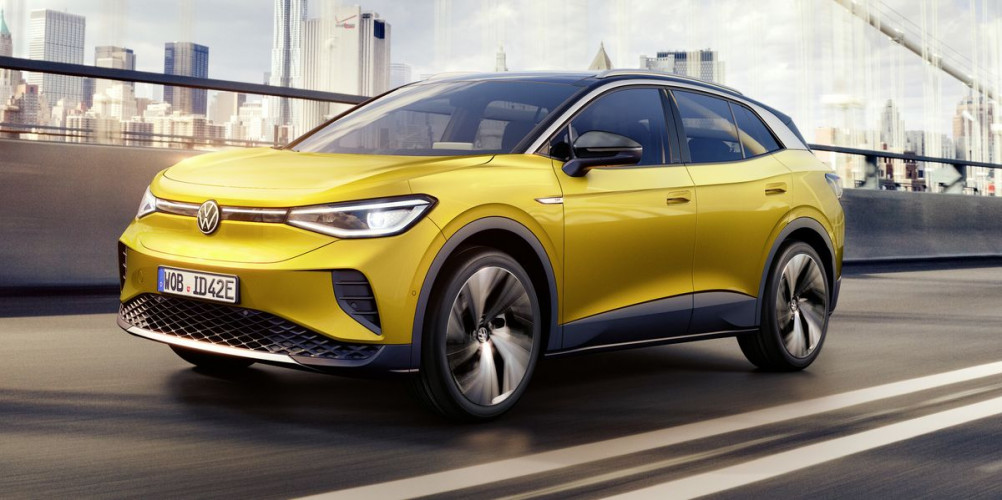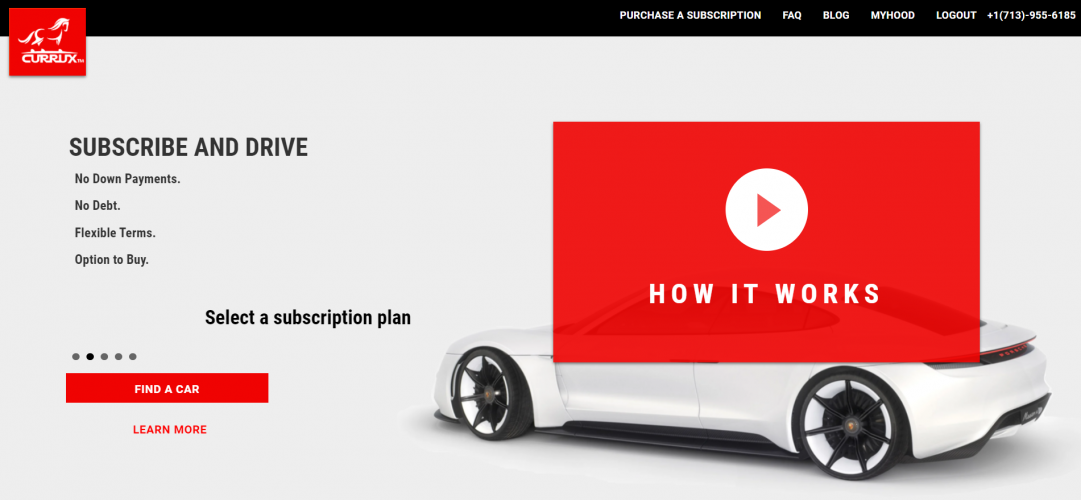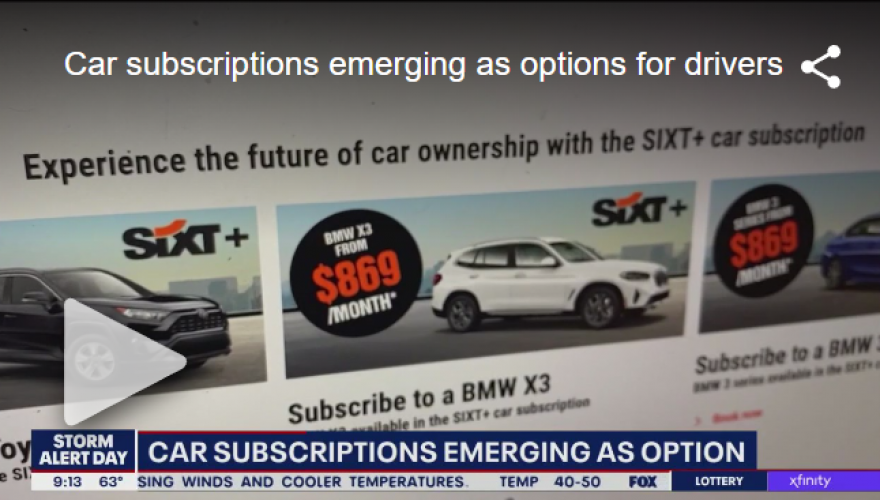As the share market boosted the value of Tesla by another two Ford Motor Companies in a single day on Monday, it was clear that something has changed in the perception of electric vehicles. They are not just fun to drive, clean, quiet and comfortable. They are changing the way we think about transport, and as the cost of EVs falls towards parity with their petrol and diesel equivalents, it’s pretty clear which technology has a future, and which doesn’t. Four years ago, the Stanford University futurist Tony Seba made a big prediction about the future of cars. He said that by 2030, at least in cities, people were unlikely to own their own car. The reason, he said, was that they would be electric, and autonomous, and they would be shared. They would do so many kilometres a year that the cost of transport in such vehicles would be next to nothing. Cars are currently expensive, Seba observed, only because they spend nearly all their time doing not much. Transport would become a service. That thinking, controversial at the time, is now gaining traction. Adam Jonas, an analyst at Morgan Stanley, wrote a fascinating note this week that echo many of the predictions made by Seba. It now seems more likely because this is the direction that Tesla is heading. Jonas notes that cars are used on average for less than 1 hour a day, or a utilisation rate of just 4 per cent. At that rate of use – annual travel of around 16,000kms – an EV could take 7.3 years to pay back the current price gap between an EV and an ICE (internal combustion engine car). But an EV that drives 80,000kms a year, or has a 20 per cent use – like fleet vehicles – delivers a payback in just 1.5 years. A car driven 160,000kms, or 40 per cent use, possibly with the help of full autonomy, will shrink the payback to just 6 months. (Jonas uses current petrol and electricity prices in the US in his calculations, but the ratio is about the same in other countries, including Australia). Jonas cites the two big changes in the EV business model. “Mobile technology and relatively simple software increases driving utilization rates by an order of magnitude, bring taxis and chauffeur services to the masses,” he says. “This transforms the auto business model from B2C ownership to B2B shared. Enabling each car to drive a far greater number of miles per year helps amortize the up-front cost of a battery far more rapidly, shrinking the payback. “Greater numbers of EVs enable OEMs (car makers) and contract manufacturers to achieve unprecedented scale economies in battery pack production, yielding further benefits.” The second big change is the advance in autonomous driving, because – as Seba had pointed out – eliminating humans from the driving equation can boost utilization rates and lower he cost per mile. “By far the largest cost of today’s ride sharing service is the person behind the wheel. Replace the driver with a few million lines of code and some commoditized sensors and the savings can really begin,” Jonas writes. He says a fully autonomous car is meant to be shared, not owned. It will have no steering wheels, and no pedals) and can work 24 hours a day. “Will consumers buy a car capable of doing all the work itself just to have it sit idle for more than 23 hours a day? Why are you buying all this technology only to amortize it over 4% utilization? And this is where Tesla comes back into the equation, given it has the most advanced and popular EVs, and is further down the track on autonomy. Jonas says Tesla’s long-term goal is to offer mobility services as an Uber-like ride sharing app. “Tesla is currently targeting the premium performance car market as a funding strategy for its longer-term mission to democratize electric transport,” he says. “While today’s Tesla customers enjoy a high level of human driving pleasure and performance, we see the future Tesla customer enjoying mobility as a service in a model nearly unrecognizable to what we have known for the past 100 years of our relationship with the automobile. “The shared car, the autonomous car, and the electric car are inextricably linked.” https://thedriven.io/2021/11/03/evs-and-autonomy-why-it-will-make-no-sense-to-buy-your-own-electric-car/

EVs and autonomy: Why it will make no sense to buy your own electric car
3 years ago
Share
You may also like
-
Electric Cars Could Save Ride-Sharing Drivers $5,200 a Year
-
Waymo starts to eclipse Uber in race to self-driving taxis
-
Driving in US Costs More than in Parts of Europe
-
Mercedes-Benz's Plan for Surviving the Auto Revolution
-
Self-Driving Car Pioneers Are Slowing Down After Crashes
-
Clean Disruption of Energy and Transportation - CWA - Boulder, April 9, 2018
-
Driverless car startup Drive.ai is launching a ride-hailing service in Texas
-
Cleantech Investors Should Put Their Money in Transportation, Says Village Capital
-
Car companies have started offering monthly subscriptions for drivers who don't want to own
-
Introduction to Car Subscriptions / Currux
-
Currux App is Coming!
-
On Shared Car Subscriptions, the Power of Compound Interest and Currux
-
Currux App is now available on Google Play!
-
Mary Barra on Driving Into the Future
-
Currux – a case for a decentralized fleet management / mobility future.
-
Currux App Is Now Available on Apple App Store!
-
GM Gets Ready for a Post-Car Future
-
Currux - Interview with the developer of a fantastic app
-
Volvo targets 33% autonomous sales and 50% subscription sales by 2025
-
Why Buy a Car When You Can Subscribe in Style?
-
State bill would put car dealers in driver's seat for newfangled subscription services
-
Toyota Launches a Car-Sharing Subscription Service for Hawaii
-
New Age of Transportation Expected to Thin Auto Dealer Ranks
-
Car subscription services offer simple, flexible alternative to buying or leasing a car
-
Like Netflix or Amazon Prime for cars: St. Louis dealers look to lure customers with monthly subscriptions
-
Version 3 of Currux App Published in App and Play stores.
-
Riding Uber & Lyft More Expensive than Subscribing with Currux
-
This is What You Need to Know About Car Subscriptions
-
Monthly car subscriptions pick up speed with drivers
-
Increased Consumer Awareness of Depreciation Costs to Boost Subscriptions
-
With Audi Select, Automaker Pilots Subscription Rentals
-
Difference between leasing and car subscriptions
-
Continuous EV Range Increases Will Drive US Shifts To Leasing/Subscriptions & Growth In The Used Car Market
-
Currux Car Subscriptions: 5 Things You Should Know
-
Leasing vs. Buying vs. Car Subscription
-
Audi Approves Mega Spending On Electric Mobility
-
WARMEST WISHES FOR HAPPY HOLIDAYS AND A HAPPY NEW YEAR!
-
One-Click Online Purchasing Is Encouraging More Car Buyers to Ditch the Dealership
-
Car subscription services: A slow, expensive start — but the potential is huge
-
Noteworthy way to get a cheap monthly car rental in Houston
-
This company’s machine learning programs are making driving in Houston safer — and cheaper
-
Eight trends that determine the future of vehicle leasing
-
AMAZON CONFIRMS HUGE INVESTMENT IN EV MAKER RIVIAN
-
COMPLETE GUIDE TO VEHICLE SUBSCRIPTIONS
-
Yes, You Can Lease a Used Car
-
Leasing a Used Car Can Save You Some Serious Bucks
-
Enterprise announces its automobile subscription service
-
Instead of leasing or buying a car, subscribe to one
-
Five ways vehicle subscriptions will impact dealerships by 2020
-
Private and SME Segments Stand Out Globally as Key Targets for Car Leasing Companies
-
Car subscription service Cluno discloses €140M in debt financing
-
Daimler Mobility starts long-term car rental business in Korea
-
Could car subscription services disrupt the auto industry?
-
Currux to Participate at Cleantech Private Capital Day v2 Investor Conference
-
NEWS Toyota launches European mobility brand Kinto
-
The Cruise Origin Story
-
Pay to play: Car-subscription programs on the rise
-
Used Car Leasing on Course To Becoming A $6B Market (And That’s Just In Europe)
-
Penske Offers Truck Fleets a "Get Back to Business" Special Offer with Flexible Lease Terms
-
OEM Transformations: The Benefits of Subscription Models
-
UK’s Drover raises $26M to take its car subscription marketplace to Europe
-
Those Vehicle-Swap Schemes Seemed Like a Good Idea
-
It's still Day 1 for vehicle subscriptions
-
Why OEMs Won’t Survive Transition to Mobility
-
Investors Are Eyeing Mobility Technologies, and for Good Reason
-
Edmunds: Whatever happened to car subscription services?
-
Tesla finally offers lease-to-buy options for Model 3 and Y, but it’s not available everywhere
-
Porsche adds the all-electric Taycan to its subscription program
-
Will The Shift To Electric Vehicles Change The Car Subscription Market?
-
Volkswagen Explores Customer Interest In Subscription Model
-
Currux featured as one of 22 Best Texas Based Consumer Lending Firms
-
Currux Review – Complete Review
-
Car subscription: a multi-billion Euro market!
-
Car Subscription Services 2.0: How to Win the Race
-
EVs and autonomy: Why it will make no sense to buy your own electric car
-
What is a car subscription service?
-
Autonomy’s Electric Vehicle Subscription Now Available in California’s Napa, Sonoma, and Marin Counties
-
Germans lead EV buyer intentions poll
-
Car subscriptions entering the vehicle market: What you need to know
